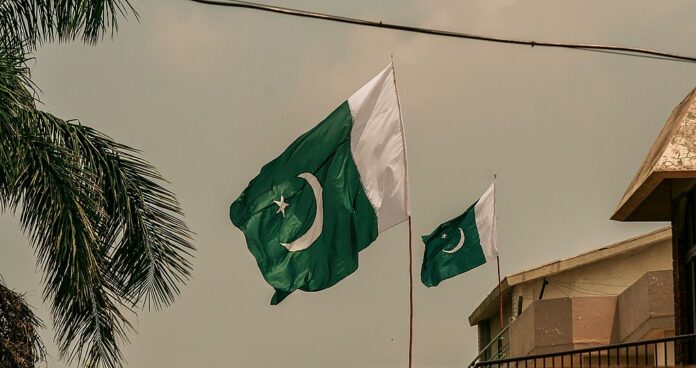Amnesty International calls for immediate action against the harsh suppression of Baloch protests in Gwadar, amid reports of deaths and arrests of protest organizers
On July 30, 2024, Amnesty International condemned what it described as a “brutal crackdown” on protests by the Balochistan Yakjehti Committee (BYC) in Pakistan. The rights organization demanded an end to the severe measures employed by Pakistani authorities, which have led to multiple deaths and numerous arrests.
The unrest began when the BYC organized a protest in Gwadar’s Marine Drive, part of the Baloch Raji Muchi (Baloch national gathering). Despite heavy roadblocks set up by security forces, thousands of protesters converged on Gwadar, leading to violent clashes with the military. Reports indicate that at least three people died and several others were injured in the conflict. The military reported that one soldier was killed, and 16 security personnel were injured by what they described as an “unruly mob.”
Embed from Getty ImagesIn response to the clashes, security forces launched a crackdown, aiming to disperse the protesters and quell the sit-in organized by the BYC. The local administration claimed that the situation was stabilizing and reported the arrest of over two dozen protesters. However, the BYC accused the Counter-Terrorism Department of forcibly abducting their leaders, including Sammi Deen Baloch, Dr. Sabiha Baloch, and Sibghat Abdul Haq Baloch, during Monday’s violent crackdown. Witnesses reported that the leaders were beaten and tortured before being taken away.
Amnesty International’s statement expressed alarm at the escalating violence and the apparent targeting of protest organizers. The group urged the Pakistani government to cease the crackdown and release all those detained for participating in peaceful assembly. The organization noted that such repressive actions against Baloch protesters have been recurring, citing similar incidents during the Baloch Long March in December of the previous year.
The situation remains dire, with ongoing roadblocks and a shutdown of internet and mobile networks restricting movement and the flow of information in Balochistan. Amnesty emphasized that these actions violate both constitutional and international human rights standards, which guarantee freedom of expression, access to information, movement, and peaceful assembly.
In a subsequent update, the BYC confirmed that Dr. Sabiha Baloch had been released following public pressure. However, there is still no information regarding the whereabouts of Sammi Deen Baloch and Sabghatullah Shah. Over 200 participants from the Gwadar sit-in are also unaccounted for, raising further concerns about their wellbeing.
The BYC has called for the immediate release of all detained individuals, the restoration of internet and mobile services throughout Balochistan, and the removal of all roadblocks. They have warned that if their demands are not met, they will initiate an indefinite shutdown of Balochistan, including Quetta, holding the state and its institutions responsible for any further incidents.
Analysis:
Political Perspective: Amnesty International’s intervention highlights the ongoing tension between the Pakistani government and the Baloch protesters. The crackdown on the Baloch protests underscores the strained relationship between the central authorities and the Balochistan region, which has long sought greater autonomy and recognition. The government’s heavy-handed response to the protests, combined with the arrest of key organizers, reflects a broader strategy of suppressing dissent and maintaining control over restive regions.
Social Perspective: The brutal response to the Baloch protests reveals deep-seated social and political grievances within Balochistan. The crackdown not only exacerbates existing tensions but also galvanizes the local population’s resolve to protest against perceived injustices. The violence and arrests further alienate the Baloch people from the central government, reinforcing the cycle of mistrust and unrest.
Racial Perspective: The situation in Balochistan has ethnic and regional dimensions, as the Baloch people have historically felt marginalized by the central government. The violent suppression of their protests can be seen as an extension of longstanding issues related to ethnic and regional disparities in Pakistan, where minority groups often face systemic discrimination and repression.
Gender Perspective: The involvement of prominent female leaders like Dr. Sabiha Baloch in the protests and their subsequent arrest highlights the role of women in the Baloch resistance movement. Their detention underscores the broader issue of gender inequality and the challenges faced by women in conflict zones. The crackdown on female activists reflects the broader struggle for gender equity in the context of political and social turmoil.
Economic Perspective: The ongoing unrest and government crackdown in Balochistan have significant economic implications. The region’s instability affects local economic activities and can deter investment and development. The shutdown of internet and mobile networks further disrupts economic activities and exacerbates the region’s economic challenges. The conflict’s economic impact is compounded by the broader instability and the government’s focus on military rather than developmental solutions.
